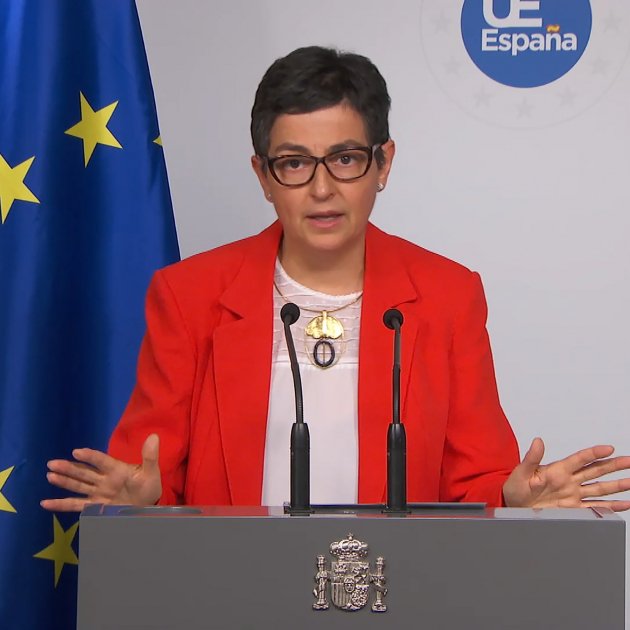Spain is once again facing international pressure to recognize the independence of Kosovo. This time it is the European Parliament which has again asked Spain to recognize the landlocked Balkan state as an independent country, along with putting the same request to four other European states that have not yet done so. The European Parliament has affirmed that Kosovo's independence is "irreversible" and, in addition, the Union has reaffirmed "the credibility of the European commitment to the enlargement process" - which would bring the new country into the EU.
The call made to the five countries - Spain, Greece, Slovakia, Cyprus and Romania - was included in a report which the Parliament approved today, on Kosovo's accession to the EU. These are the only European states that still fail to recognize the country's independence, after its unilateral proclamation of independence, made in 2008.
"Kosovo's independence is irreversible and its recognition would be beneficial for the normalization of relations between Kosovo and Serbia and would improve and consolidate stability in the region and facilitate the European integration of both," said the German Green MEP, Viola von Cramon-Taubadel, author of the report.
PP and Podemos vote against
The report was passed with 471 votes in favour, 109 against and 104 abstentions. The positions of the Spanish parties were an odd mixture, with the report being passed although the PP and Podemos voted against it, while the PSOE and Ciudadanos chose to abstain and far-right Vox voted in favour, in line with the vote of its parent group in the European Parliament. According to Podemos parliamentary sources, it makes no sense for the European Parliament to ignore the sovereign decisions of countries like Spain while approving one like this on Kosovo's European integration.
"It applies both to Kosovo and Catalonia"
"Spain's problem is not with Kosovo", said Catalan pro-independence MEP Clara Ponsatí in the debate. "It is a problem with Catalonia".
The exiled MEP referred to the ruling of the International Court of Justice asserting that Kosovo's Unilateral Declaration of Independence had not violated Serbia's sovereignty. “The court concluded that the adoption of the February 17th, 2008 declaration of independence did not violate international law, Security Council resolution 1244 or the constitutional framework,” the ruling said. This ruling "established that international law does not prohibit unilateral declarations of independence. This applies to Kosovo but also to Catalonia," Ponsatí said.
Ponsati argued that Spain does not recognize Kosovo because it aims to prevent anything from "threatening its sacred unity." "The EU cannot have a single position with Kosovo because Spain is obsessed with the idea that unity is more sacred than democracy and human rights," she added.
In the opinion of the pro-independence leader, the EU's solution with this issue is for Spain to recognize the right to self-determination of Catalonia, which is the only obstacle preventing the government of Pedro Sánchez from then recognizing Kosovo as well.
Main image, Minister of Foreign Affairs Arantxa González Laya / ACN
